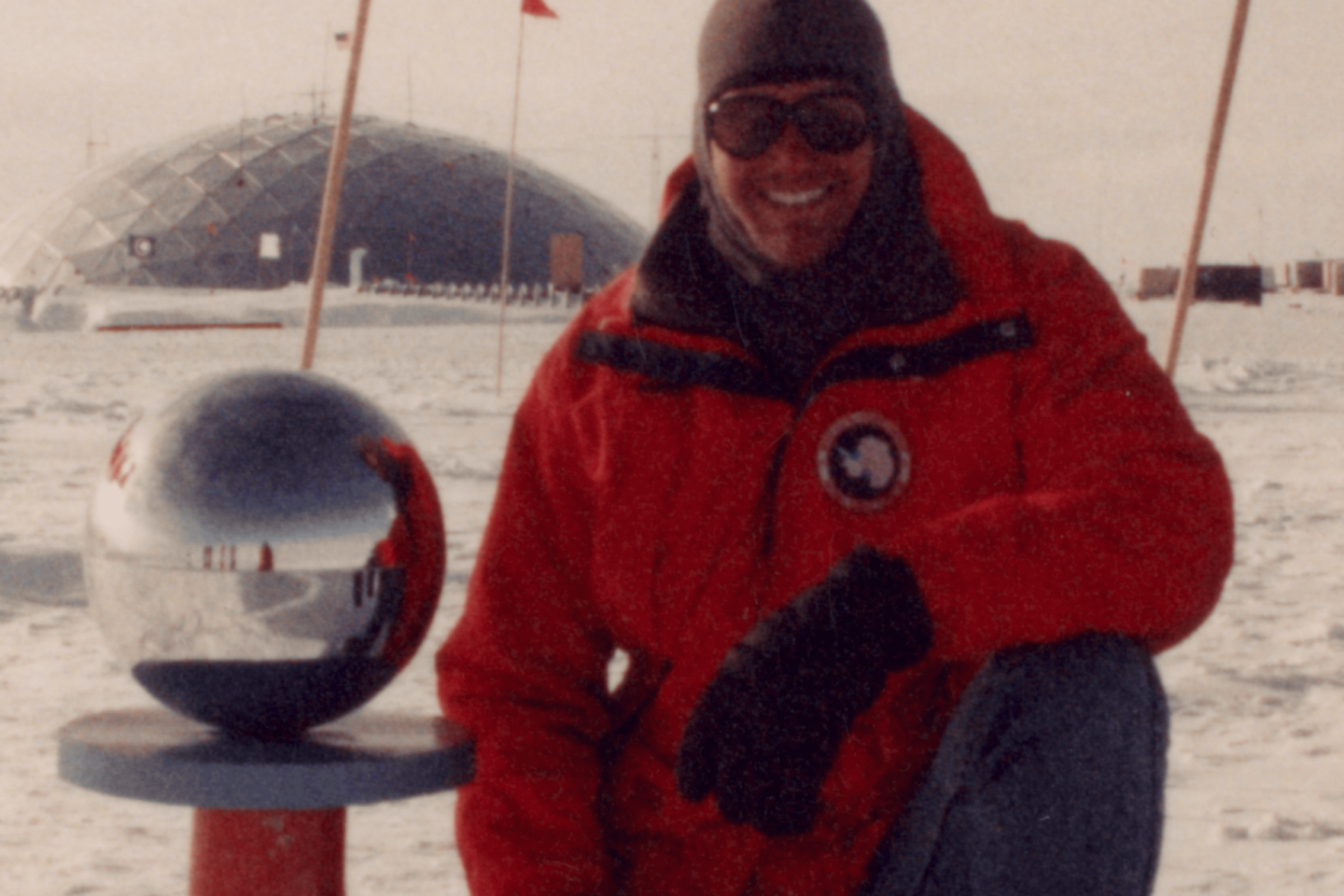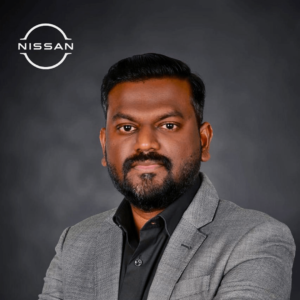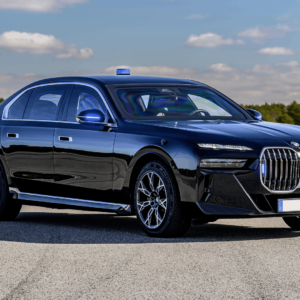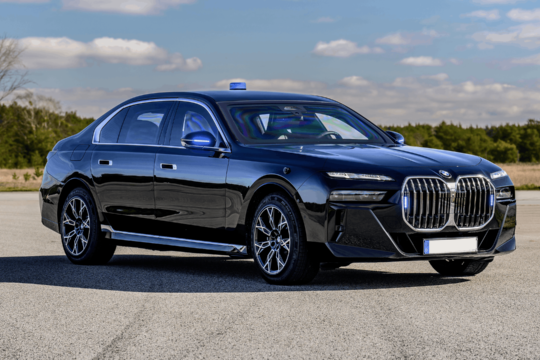Life is peculiar, in that you never know when a glance in the right direction could send you reeling down a lifetime of adventure. And when Florida musician Tomm Stanley crossed a street one day in the 80s to see a Help Wanted sign, little did he know that this single yes was him stepping over the threshold into a life most would only read about.
“I just needed a part-time job so I could keep playing gigs at night..”
A singular decision that would send him across seven continents, through the icy Antarctic and sand-soaked mega-dealerships, into the boardrooms of companies whose annual revenue rivals that of nations. Along the way learning first-hand that aftersales is the industry’s hidden treasure; the poor cousin too many companies overlook
The First Pass
Tricks of any trade often come in the form of mentors, and Stanley’s appeared early in life.
“He was patient and willing to teach me.”
Recalls Stanley in an interaction with parts manager Kieth Slade during his formative years. It was this apprenticeship that taught Tomm both the technical knowhow to compete in the industry and the mindset to endure the same.
“Say yes to opportunity, and make the people around you shine.”
It’s these principles that paid his passage Southward. While selling gaskets one afternoon, Stanley found himself chatting with a customer newly returned from McMurdo Station, Antarctica. Eighteen months of applications and never-ending documentation later, the phone rang.
“I honestly thought it was my friends playing a prank.”
It definitely wasn’t. Instead, the job offer took him via New Zealand to the icy shores of Antarctica. During the long, frigid nights in the supply areas of the station, he would come to find a new passion hiding behind some wire, containers, and a bass guitar.
Standards Make the Sale
Over the course of many years, Tomm’s map now reads somewhat like an atlas of the automotive industry. General Motors reached out first as a consultant, then urged him to stay two years in Dubai; which was part of a four year tenure spent across the Middle East. This was where the puzzle of automotive retail and distribution showed its innards; with operational complexity sky-high, fingers pointing in every which way, and sales teams blissfully unaware that they might just be the bottleneck; every facet of the operation was fair game.
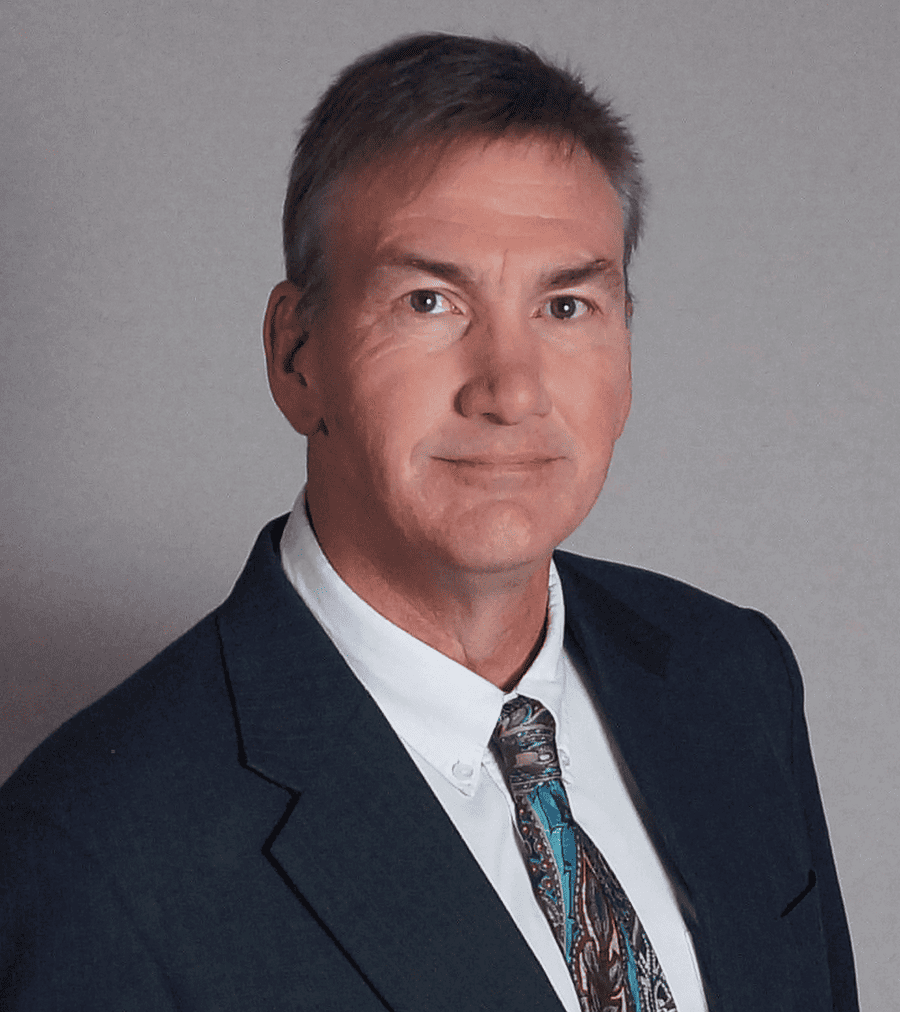
Yet the detective in him kept asking questions. The real culprit was a missing value-stream map and a standardised hand-over from sales to service. Two weeks and hundreds of process points later, productivity had been resurrected from the brink.
“Sales sells the first car. Aftersales sells the rest.”
General Motors’ Dealer Operating Standards The GM Difference grew out of 1990s front-of-house initiatives like The Saturn Way and evolved under Tomm Stanley’s leadership into a comprehensive, decade-long project; working with a multinational and multidisciplinary team with subject matter experts from the full spectrum of dealership and OEM management. Stanley spearheaded standards from parts to finance, and everything in between. Finally rolling them out in five phased cohorts, giving each dealership ample time to achieve full compliance.
Stanley recommends any dealership or business to start with a bare-bones set of rules and build on it as the years roll on. Operating rigor can then become a blueprint for consistent, world-class performance.
1 Word, 3 Letters, Say It and It’s Yours.
Businesses at their heart are made up of people. And when you’re dealing with people, Tomm says that Maslow’s Hierarchy of Needs is as good a place to start as any. Good pay and functional tools are a necessity; these provide the brass tacks to start. Belonging and recognition, however? Vague, abstract, not easily measured, yet ultimately keeps the people who do the work from jumping ship.
“People just aren’t fully engaged. They come to work, do the job, get their paycheck, and that’s it…”
Conversely, when organisations nurture that belonging, fast-and-loose afterthoughts suddenly become functioning aftersales. Toyota’s daily parts orders and Caterpillar’s global logistics, he notes, are no accident; excellence in support is why both brands lead their segments. But, how do you get to that place to begin with? Tomm’s mantra to young up-and-comers is almost devilishly simple.
“Say yes—see what happens.”
Rewards aplenty come with a willingness to try.
Wait, I Know You
Saying yes, however, is only half the spell; the other half is credibility. In the Middle East he found himself coaching literal royalty, who ran billion-dollar enterprises.
“I better have some real examples to back it up. Because who am I to tell someone worth a billion dollars how to run their company?”
Credibility, for Stanley, means face-to-face, expert-led training backed by on-the-job assessment; a three-pronged system he insists on for every client. Measuring success, then, is simple: do they call him back? Because as you may well know, in the automotive industry, everyone knows everyone. Repeat business and referrals matter more than any digits on a dashboard.
There and Back Again
After a decades-long foray in global aftersales and operational consulting, Stanley returns to one of his first passions by launching Stonefield Music in New Zealand. The genesis of which dates back to that winter south of the Earth, where a well-stocked carpentry shop and a curiosity about instrument design led him to build his first bass guitar by hand.
“Pre-internet, with no books or tutorials. Just trial and error.”
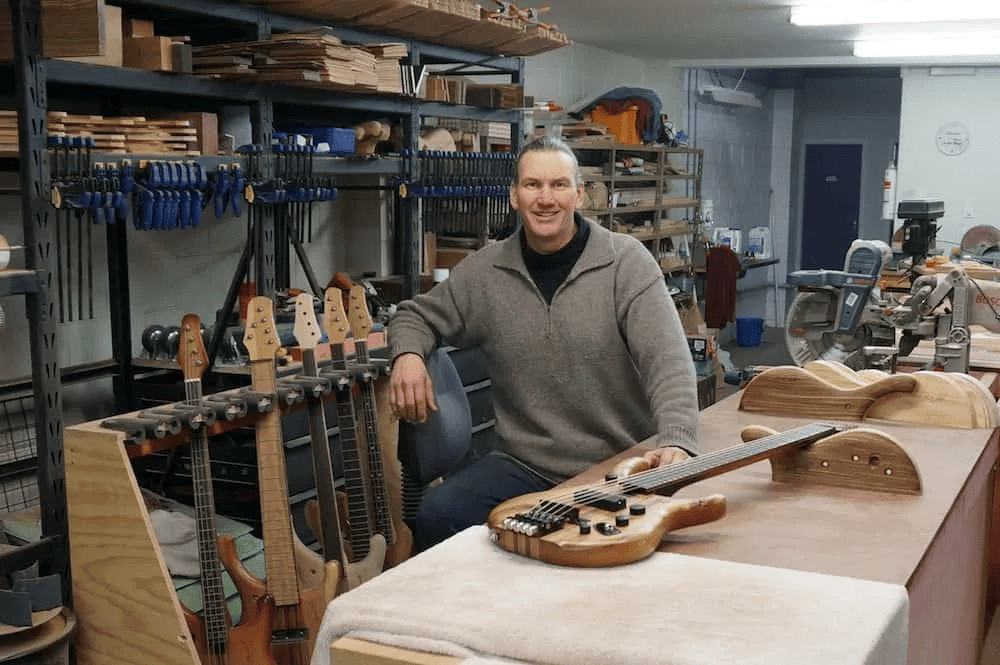
Years later, in the wake of the Global Financial Crisis, Stanley rekindled his lost love in earnest. With hands-on experience in woodworking and electronics design (culminating in a patented tail-mounted tuning system) he poured his energy into R&D, refining prototypes ad nauseum until they met his now battle-hardened standards.
Stonefield Music is as much an exercise in entrepreneurial rigour as it is a creative outlet. Stanley applied the same philosophy that produced GM’s Operating Standards to his own fledgling brand.
“I documented processes. I could walk upstairs and bring down the book of standards we created for how to build a Stonefield bass.”
He coupled that procedural backbone with a strategic marketing push, securing coverage in Bass Player, Bass Guitar and other leading publications, such that each instrument not only sounded exceptional but carried his signature penchant for craftsmanship. In his view, whether building a dealership network or a musical instrument, the formula stays the same: codify your best practices, iterate relentlessly, and let quality do the talking.
Why It Matters Now
The Middle East’s talent crunch, EVs disrupting the old-boys market, and digital retail experiments make Stanley’s story as apt as ever. His insistence on process before gloss gives us a counterweight to the region’s marketing pageantry. His global network of like-minded individuals is living, breathing proof that skills in service can carry a technician from their simple hometown to the stage on which giants roam. His belief that opportunity favours those who say yes may just be the mindset shift the next iteration of automotive talent needs.
“Your skills are transferable anywhere in the world. But you have to say yes, and see what happens.”
In much less poignant words than his own, the road still calls. And for those willing to follow, Tomm’s map charts the course to where the real frontier awaits.

